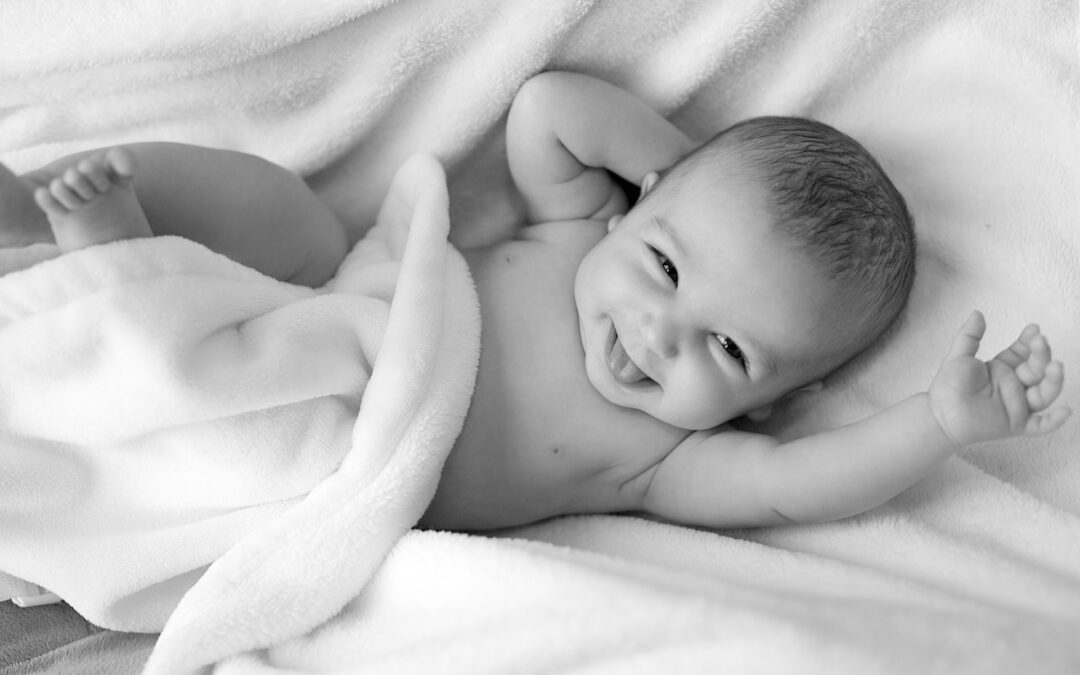
Everybody has a bias.
That’s not bad or wrong. It just is. No one can be completely objective. (Don’t believe me? Read “Thinking, Fast and Slow”!)
The challenge, then, is to understand the bias so that you know how to more accurately interpret information from that person.
Nowhere is this more important than in choosing and communicating with your divorce attorney. Contrary to popular belief, divorce attorneys are people (at least that’s my working hypothesis). And, as such, they have biases. One of your jobs as a discriminating client is to figure out what that bias is, and then interpret the advice, information and counsel you get from your attorney accordingly.
The easiest way to do this is to ask your attorney about their bias. Good and thoughtful attorneys should be aware of their own biases. And they should be willing to share them with you. A good attorney should not want their own biases to color their client’s decisions without having fully disclosed the bias.
There are a lot of good reasons for a divorce attorney to have a bias. They may have had particularly rewarding or frustrating outcomes under a set of facts, a situation or a type of client in the past. Those types of experiences make strong impressions on attorneys and can lead attorneys to adjust their advice and counsel accordingly. That is the value of experience. However, the other side of that coin is that another attorney may have had the exact opposite experience under the same set of circumstances. That is how one person can get very different advice from different attorneys.
An attorney’s personal experiences impact their bias as well. If they have had their own ugly divorce, then they can have a bias towards hard-nosed fights. Or, that experience can have the opposite effect and create a bias towards peaceful negotiation.
And, judges have their own biases as well. Even the most objective and fair-minded judge has some kind of bias. Part of a trial attorney’s job is to learn them and play to them in court. And you better hope that your cause appeals to their bias.
That being said, it is only fair that I disclose my own bias: I am the child of a fairly bad divorce with a lot of hurt and acrimony between parents for a long time. I know from a kid’s perspective how the ripples of a bad divorce can affect a family (and future generations) for decades. My years litigating family law cases also shaped my bias. In those years I learned that the costs (monetary and otherwise) of “winning” in court often outweighed the benefits.
So, my bias is towards preventing this dynamic in other families through respectful, even if difficult, negotiation. That bias trends away from threatening, leveraged, winner take all divorce resolutions. That bias may change with new and additional experiences. But, 12 years into the practice of law, and 38 years into the practice of life, that’s where it stands.
My bias is best summed up by this quote from Warren Burger, then Chief Justice of the United States Supreme Court (the highest court in the country), from 30 years ago:
“The entire legal profession: lawyers, judges, and law professors, has become so mesmerized with the stimulation of courtroom contest, that we tend to forget that we ought to be healers of conflict. Reliance on the adversarial process as the principal means of resolving conflicts is a mistake that must be corrected. For some disputes, trials will be the only means, but for many claims, trial by adversarial contest must in time go the way of the ancient trial by battle and blood. The existing judicial system is too costly, too painful, too destructive, and too inefficient for a truly civilized people.”
The key for me is that my bias should not override my clients’ independent judgment.
When you are interviewing or hiring a divorce attorney, take a minute to ask your attorney about their bias. If they say they don’t have one, be cautious, they may not be human (again, just a working hypothesis). But, if they can identify their bias, then you will have a more accurate lens through which to view the information and counsel that they give you during your case.


